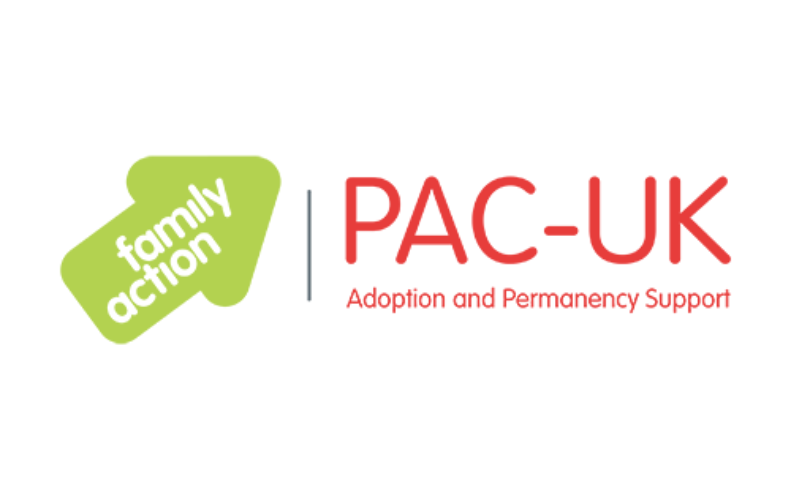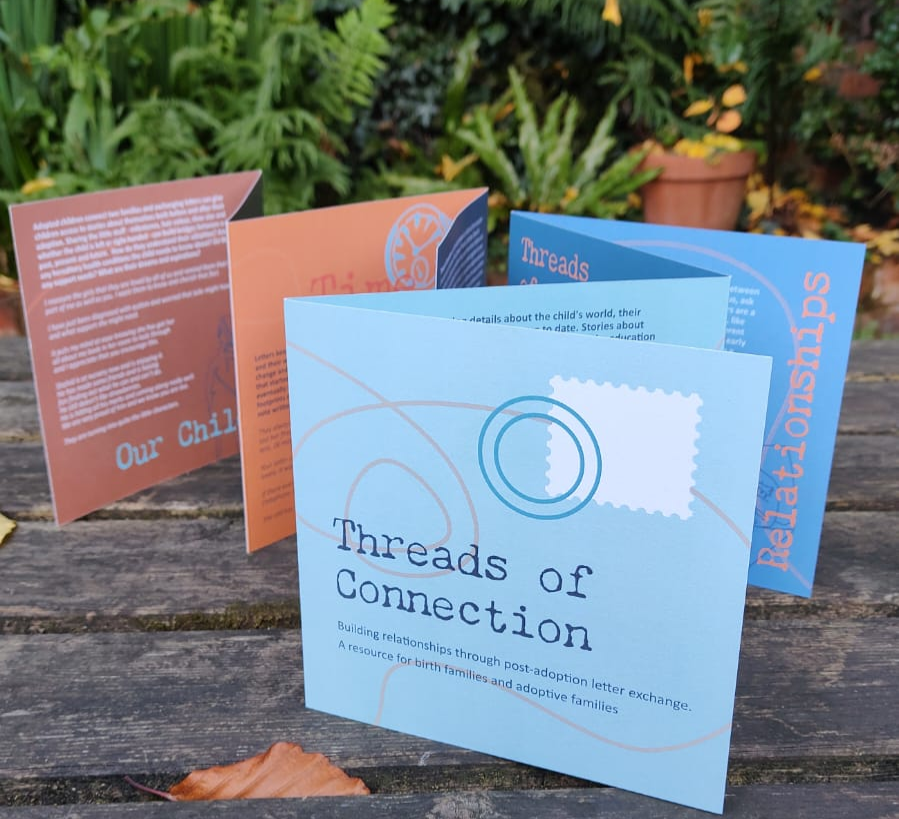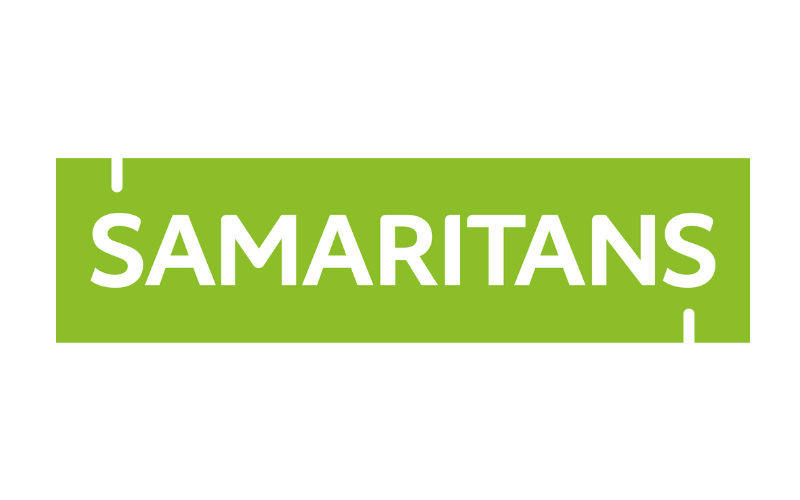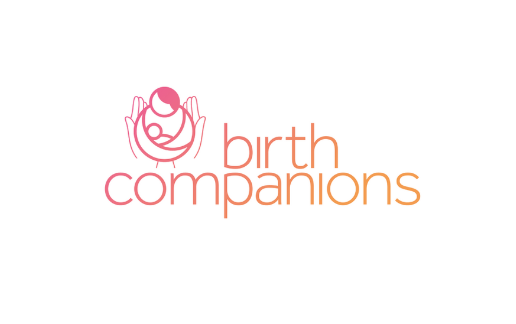The adoption process for birth families
Regional Adoption Agencies work with local authority children’s services to recruit, assess, and prepare prospective adoptive parents for children with adoption as a plan.
Whist the local authority social worker will have made an assessment and plan for your child/ren, which may include adoption as one option, it is the court who make the final decision. They will assess what outcome is in the best interests of children who have been removed from their family, this could include the child/ren returning to their birth parents, moving to live with extended family members (kinship carers), being placed in long term foster care or granting an order for the child to be found adoptive parents.
The Adoption and Children Act 2002 (ACA 2002) and Children Act 1989 are the key sources of law about adoption in England. Together they:
- Set out the strict legal processes children’s services must follow if a plan of adoption is being considered
- Explain the powers the Family Court has to allow a child to be ‘placed’ in the care of someone who could adopt them
- Explain what the court must look at when deciding whether to make an adoption order
Adoption can provide greater long-term security and stability for a child than foster care, so social workers and courts have a duty to consider adoption as a long-term plan for a child in care. Whilst in foster care birth parents and relatives should be routinely involved in the child’s continuing care. An Adoption Order is different in that it legally ends parental responsibility between the birth parents and the child. Once a child has adoption as their plan, the local authority and adoption agency will begin searching for an adoptive family for them and future contact between parents and the child- direct or indirect - will depend on the local authority and court recommendations. More information about the adoption process can be found here on the Department for Education website and you can also find information specifically for birth parents here.
To avoid unnecessary delay which can negatively impact a child in care, once care proceedings start there are strict timeframes which the court system place on the local authority. Social workers have legal duties to support children in care and will always try to make decisions with the child's best interest in mind.
Birth relatives involved in care proceedings may benefit from advice and support to help them through the process, however this is often not provided from the courts or local authority as standard. The process can be a very difficult, upsetting, and an exceptionally stressful time for birth parents and extended family members. If you need help and support, it is recommended that you initially speak with the local authority social worker allocated to work with you to find out what support is available in your local area. Some local authorities can provide support to parent's when adoption is being considered through working with local charities or organisations that can offer practical help. Some local authorities offer support after adoption too but this will depend on the available resources in each area. You may also want to make an appointment to speak with your GP to explore what health support they can offer. There are also several specialist organisations specifically for birth parents whose children are being considered for adoption or who have been adopted, linked at the bottom of this page.
Children with a plan for adoption
Regional Adoption Agencies work closely with local authorities once the court has decided adoption is the plan for a child. Regional Adoption Agencies will begin work to identify a suitable family who may legally go on to adopt a child with an adoption order.
As a parent or close family member, you should be asked to contribute to the adoption plan - this will help to inform the support plan for the child once they move in with their adoptive family. Understandably, this can be extremely difficult for birth relatives but it's important to remember that contributing to the care plan will help your child and give them a better foundation for the rest of their life.
There is a rigorous checking and application process for those planning to adopt a child in England. Police and employment checks are required before an in-depth assessment of the applicant’s suitability to adopt. Adoption social workers work with children’s social workers to carefully think about the child’s current and future needs to ensure there is a good match, that prospective adoptive parents have support to learn anything extra they may need to understand and to think about what support the child may need now and in the future to best meet their needs.
Birth family contact with children who have been adopted
When an adopted child approaches the age of 18, the Regional Adoption Agency will write to them to ask if they would like advice on seeking more information about their adoption and biological family.
Modern adoptions will try to have some contact, either direct or indirect, between adopted children while growing up and the people who were important to them before they were adopted. Indirect contact is the most common at present, often called LetterBox contact, and involves a letter being exchanged, usually once or twice a year, between adopted children and the people important to them.
A contact plan will be recommended by the child’s social worker based on the significant relationships in the child’s life at the time the adoption is being prepared, whilst also thinking about the future needs of the child as they grow up. Where relevant, birth parents and other relatives will be named in the agreed upon plan and it will be decided what form of contact is in the child's best interests.
Direct contact, such as in-person meetings, are also considered at the planning future contact stage and the named social worker should include you in these discussions and keep you informed. As the child’s birth parents you should also have been involved in providing information about your child and their close and extended family to help answer any identity and health needs they may have as they grow and mature. Once the legal process of adoption is over you should receive a 'settling in letter' which comes before the first agreed letter exchange. The settling in letter is sent to update you and to provide some reassurance that your child is settling in, and everything is okay with their new arrangements and new family.
An adoption order legally ends parental responsibility. The new adoptive parents acquire parental responsibility with the adoption order and will have the legal rights to end or continue maintaining links through the letter exchange or other agreed arrangements. Adoption is unlike foster care where many professionals remain involved as a legal requirement in the decisions relating to the child. The adoption order is designed to allow the child to settle into a new family without the perceived disruption and uncertainty of sharing parental responsibility with the local authority or others.
The Adoption England National Team has the benefit of talking with a small group of birth parents on a quarterly basis to seek their views and experiences to inform the work across the national recruitment and national adoption strategy priorities, it is recognised that wider consultation with larger numbers of birth relatives is essential and should be a fundamental feature of future work. In 2023, PAC-UK were commissioned to undertake some consultation with birth parents which you can read here.
Support organisations for birth families impacted by adoption
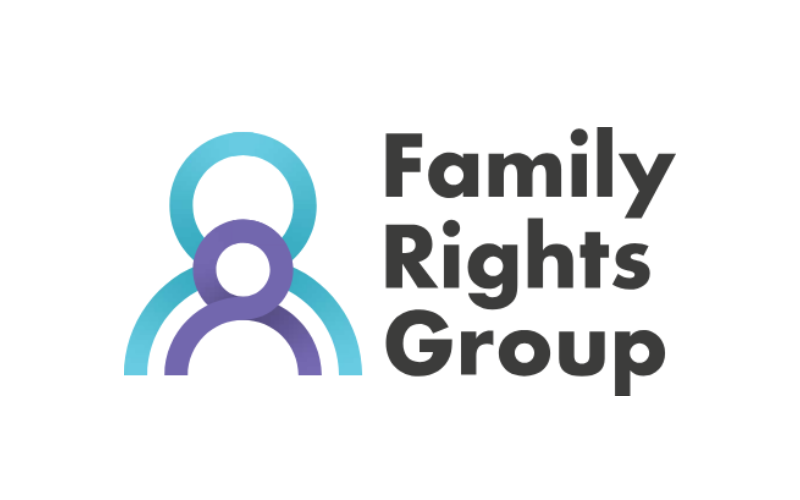
Family Rights Group
National forum representing registered adoption support agencies in the UK Visit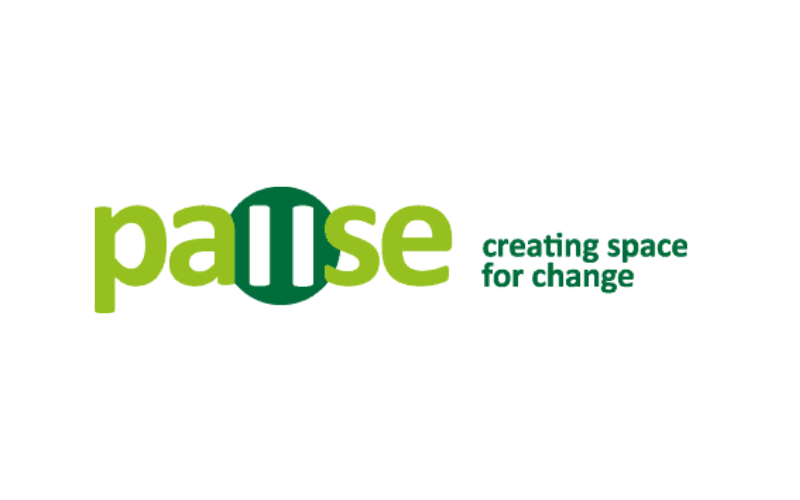
Pause: Creating Space for Change
Advice for women who have had – or are at risk of having – more than one child removed from their care Visit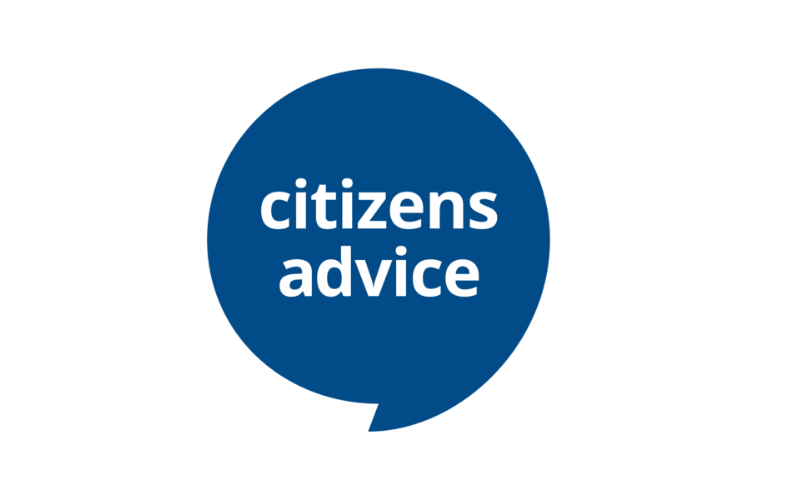
Citizens Advice
National charity and network of local charities that can offer confidential advice Visit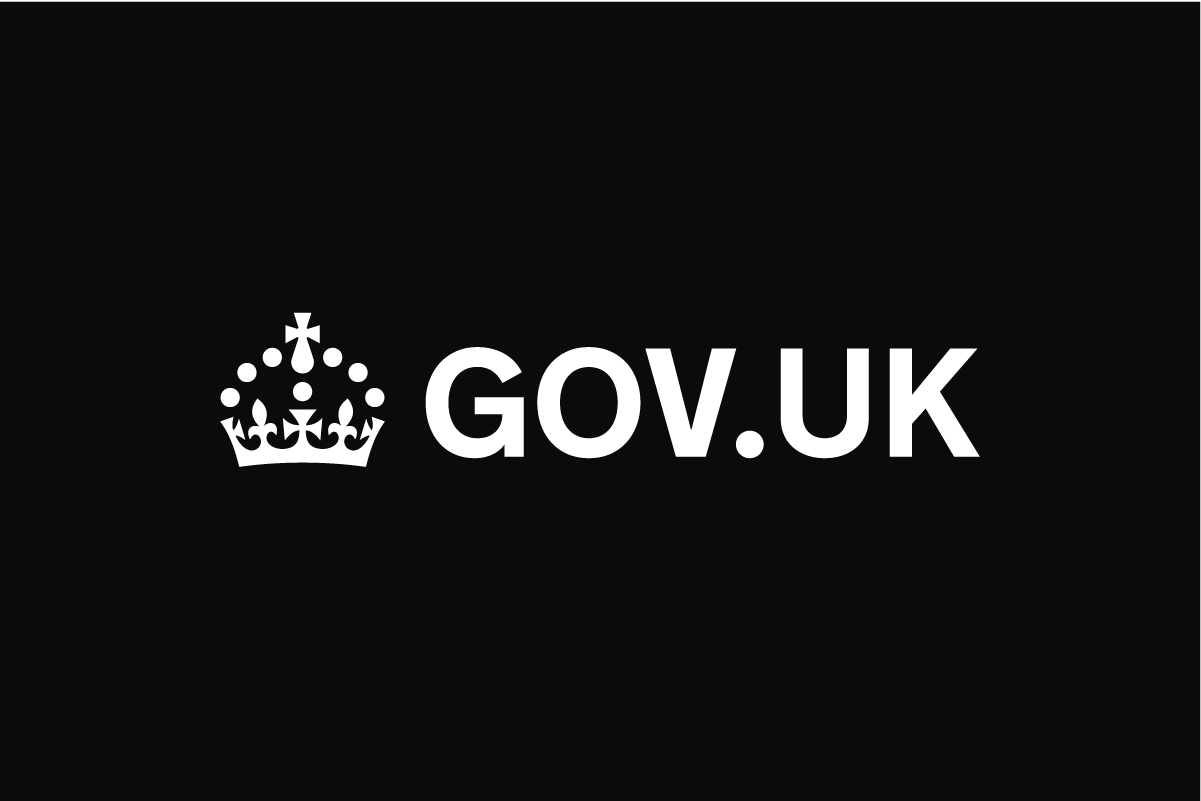
Legislation
Stay up to date with newly enacted legislation for the UK, Scotland, Wales and Northern Ireland. VisitHear other birth parents talk about adoption
Birth Parents Podcast with Nicky Campbell
Nicky Campbell talks to birth parent, Angela about her story, experiences of adoption, and her relationship with her birth children and their adoptive parents. The episode aims to give birth parents a voice and shine a light on them, while highlighting their important role in the adoption process.
Visit You Can Adopt to listen to the podcastGiving HOPE and Minimising Trauma
HOPE Boxes
The HOPE Boxes are an intervention to help support women who are separated from their baby close to birth due to safeguarding concerns.
The boxes have been co-produced with a group of women with lived experience, building on research findings from the Born into Care: Developing new national guidelines when the state intervenes at birth project.
Visit Child & Family Justice Research (cfj-lancaster.org.uk) to find out more about the project.
Birth Parents with complaints or issues
Birth families that are unhappy with the service or support arrangements they've received in regards to their child's adoption, can first file a complaint via your local authority's, or the authority or adoption agency responsible for your child, internal complaints procedure. If you're still not happy with the outcome or service you've received afterwards, it might be helpful to contact Citizens Advice or your Local Government Ombudsman for independent advice.
The Other Side of Adoption - Birth parents experience of care proceedings and contact
This film was made by Adopt London and shares real life adoption experiences from birth parents affected by care proceedings and adoption. The film was made for anyone affected by, or connected to adoption, to watch to build understanding and deepen empathy
Viewer note: This film shares real life adoption experiences from birth parents affected by care proceedings and adoption, that may be emotional triggering for some viewers. For younger audiences, we recommend watching alongside a trusted adult who can offer support, and help explore the issues raised.

Webinar on Working Inclusively With Dads - Research and Practice in Adoption and Wider Social Care
The webinar, hosted by the Early Permanence Practice & Service Development Group on behalf of Adoption England, features guest speakers Georgia Philip from the University of East Anglia and Emma Crowther-Duncan from PAC-UK. The session explores key research and practice insights on working with birth fathers, including the support available to them. Birth fathers also shared their personal experiences, offering valuable insights into how we can work more inclusively with dads.
Watch the webinar

